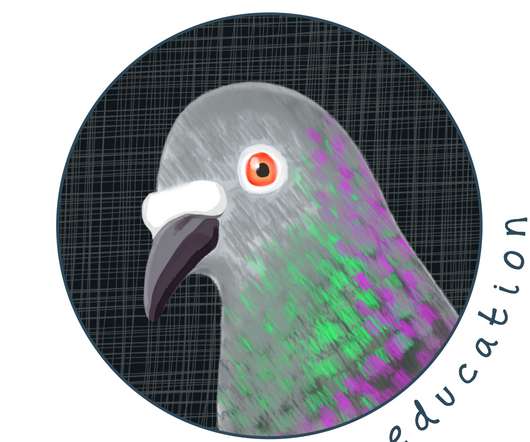Moving From 5% to 85% Completion Rates for Online Courses
Edsurge
JUNE 6, 2019
MOOCs, shorthand for massive open online courses, have been widely critiqued for their miniscule completion rates. Industry reports and instructional designers alike typically report that only between 5 to 15 percent of students who start free open online courses end up earning a certificate. Use the power of peer pressure.
























Let's personalize your content